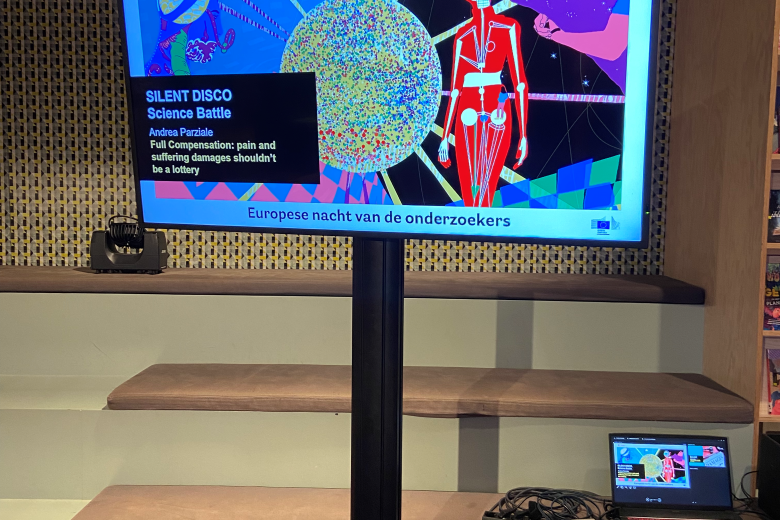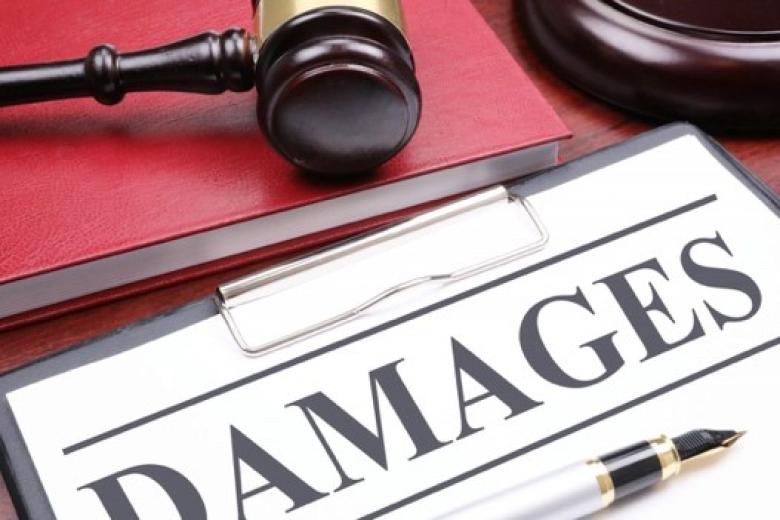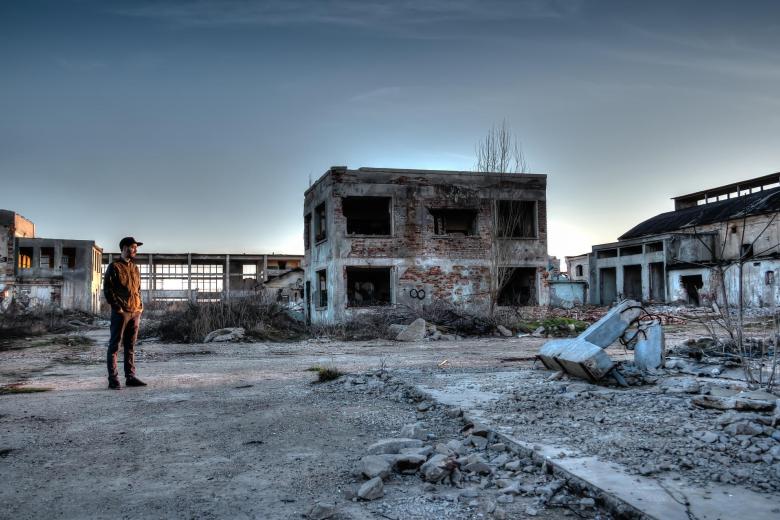How do judges award pain and suffering damages? Let’s ask them!
The EU-funded project FullCompensation aims to make the compensation of pain and suffering damages more fair and efficient. To offer judges better guidelines for this, it is essential to understand how judges actually award pain and suffering damages. Reading the case law and interviewing judges from different countries provided interesting insights on what works - and what works less - in different compensation systems.
The compensation of pain and suffering damages can be quite subjective and unpredictable. This makes it difficult to ensure that similar losses are compensated equally and that different losses are compensated similarly. This is unfair to victims and inefficient for the justice system. These issues seem to remain although different kinds of guidelines have been developed to help judges and promote consistency.
Addressing this challenge, FullCompensation aims to develop guidelines for adjudicators and a model legislative proposal for EU Member States to reconcile equal treatment and personalisation in the award of pain and suffering damages.
To this end, I embarked on a journey to understand how judges (or other decision makers) actually award pain and suffering damages. In particular, I:
- Read recent judicial decisions delivered in selected EU countries that follow different approaches to the compensation of pain and suffering damages (Belgium, Ireland, Italy, The Netherlands, and Sweden). This is to see whether and why similar losses may lead to different damages being awarded.
- Interviewed judges from those same countries, to learn more about their views and experiences when it comes to compensating non-economic losses.
I studied the judicial decisions and interviewed judges following the study protocols developed and publicly shared for transparency some time ago.
Both the study of judicial decisions and the interviews provide interesting insights on the factors and mechanisms that influence the actual compensation of pain and suffering awards, as well as ideas for best practices to improve the compensation system. For instance:
- Italian judges stressed that the use of different local guidelines in different courts can undermine equal treatment and called for more uniform guidelines to be promoted.
- Belgian and Irish adjudicators stated that things might get tricky and rather uncertain when instructions in the guidelines are vague.
- A Swedish adjudicator lamented, instead, that award levels in their country are extremely low and represented that victims likely do not perceive the current level of pain and suffering damages as really compensating their losses.
- The importance of facilitating access to justice and speed up the compensation process was also often mentioned as an important goal.
- Interviewees across different countries also shared the strategies they use when it comes to personalising awards according to individual cases, elaborating on the facts they consider to this end and how they adjust the monetary amount of the awards accordingly. Interviewees expressed different views on the tension between standardising and personalising pain and suffering damages, weighing their respective pros and cons.
I discussed these results in a METRO seminar at the Faculty of Law for feedback and drafted a paper.
Importantly, I used these results to develop a first draft of the guidelines and model legislative proposal that I aim to deliver with the FullCompensation project.
To finalise these drafts, I finally discussed these with representatives of stakeholders in a series of focus groups (a kind of ‘group interviews’). Stakeholders involved judges, lawyers, victims, medical experts, insurers, academics and policymakers. This helped me obtain feedback from people experienced in the compensation of pain and suffering damages on the pros and cons of the draft and finalise the guidelines and model legislative proposal. I also drafted a paper about the results of the focus groups.
Curious to learn more about this? Then join the final METRO seminar on the FullCompensation project!
The seminar will take place on 20 September 2023, from 11:00 to 12:00, at this link here.
Andrea Parziale is a Marie Skłodowska-Curie fellow at the Institute for Transnational Legal Research (METRO), Maastricht University, where he is implementing his EU-funded individual fellowship "FullCompensation - Rationalising Full Compensation of Non-Pecuniary Damages to Reconcile Equal Treatment and Personalisation" (Marie Skłodowska-Curie grant agreement No 101028723).
-
FullCompensation at the European Researchers’ Night in Groningen
The EU-funded project FullCompensation aims to make the compensation of pain and suffering damages more equitable and efficient. To this end, the project led to the development of a model legislative proposal and guidelines, based on comparative and empirical evidence. These results were presented...

-
Transforming full compensation: a model legislative proposal and guidelines for pain and suffering damages
The EU-funded project FullCompensation aims to make the compensation of pain and suffering damages more equitable and efficient. To this end, the project led to the development of a model legislative proposal and guidelines, based on comparative and empirical evidence. These documents are intended...

-
Towards fairer non-economic damages: experts’ first reactions to FullCompensation
This blog includes a brief description of a METRO seminar held on 30 May 2022, where a draft research design of FullCompensation was shared for feedback. This seminar was the first scientific deliverable of the project and set the ground for its further development.
